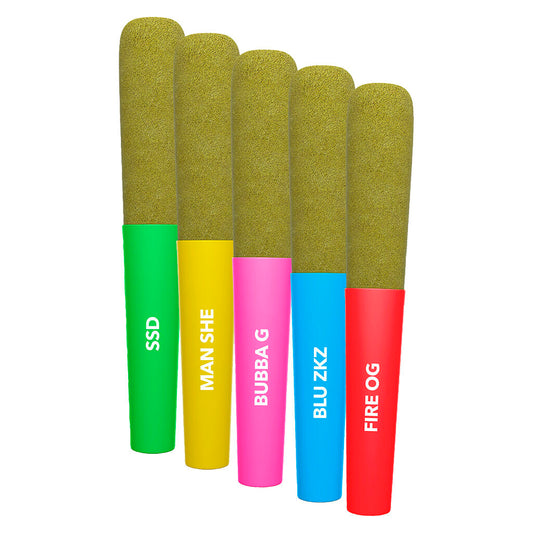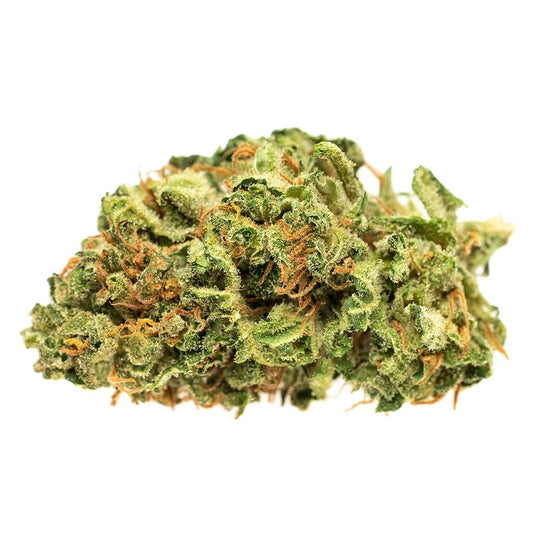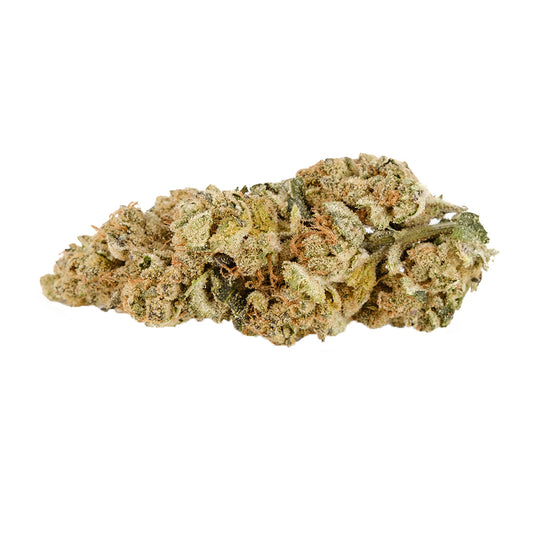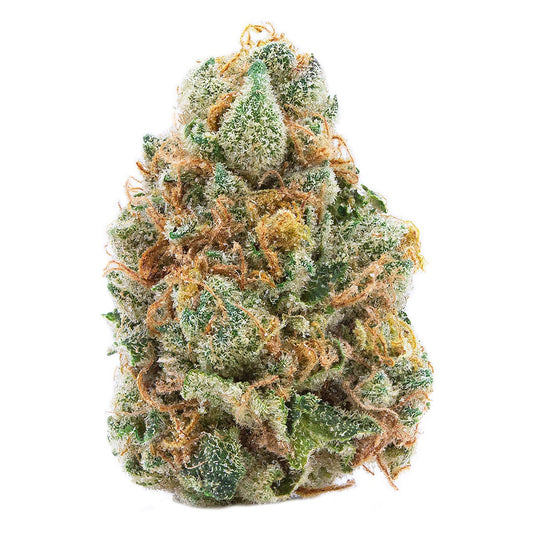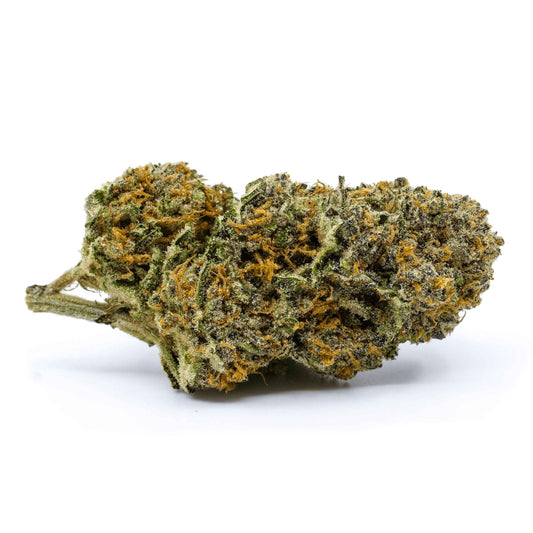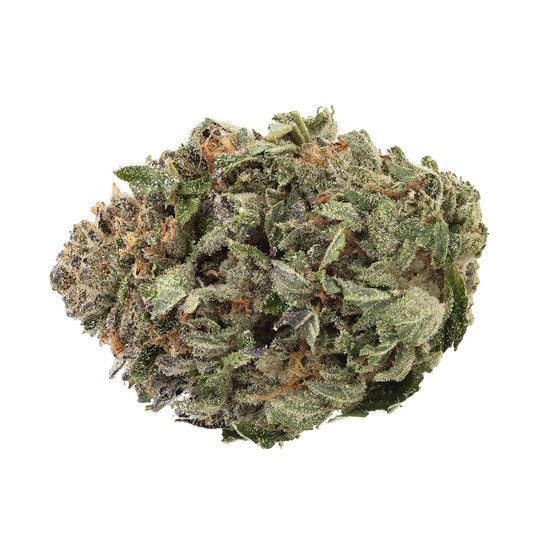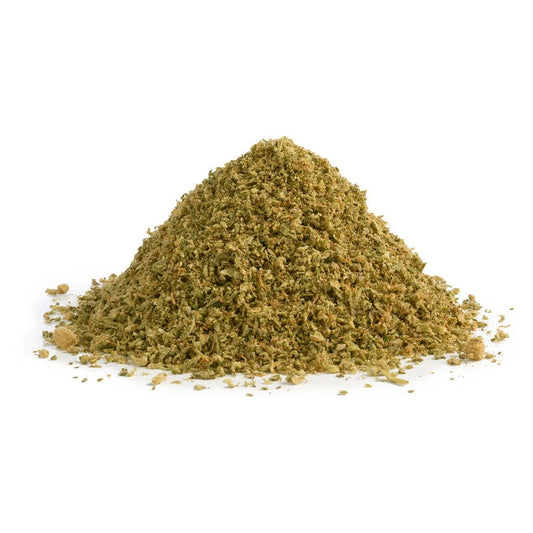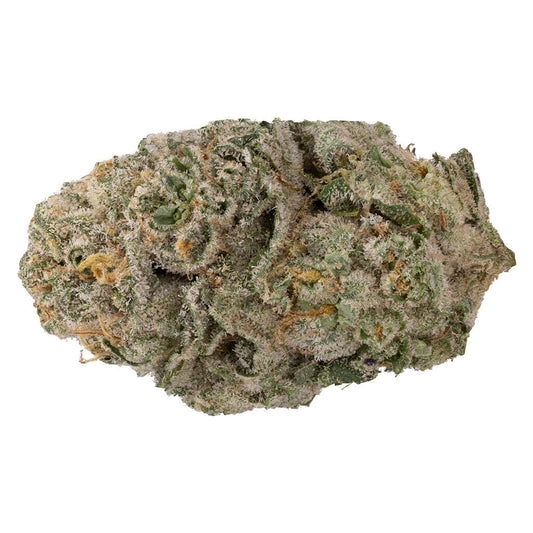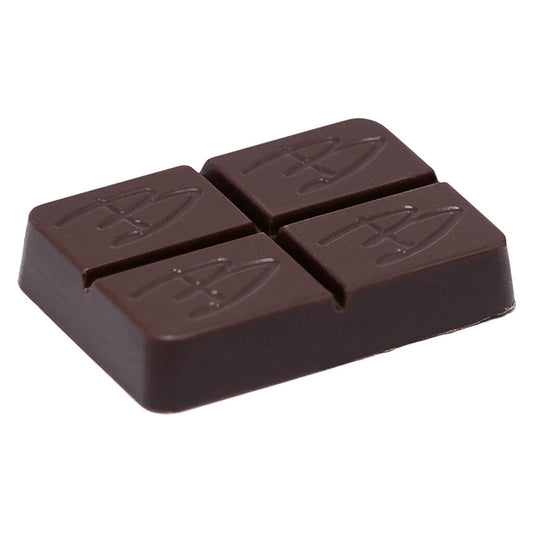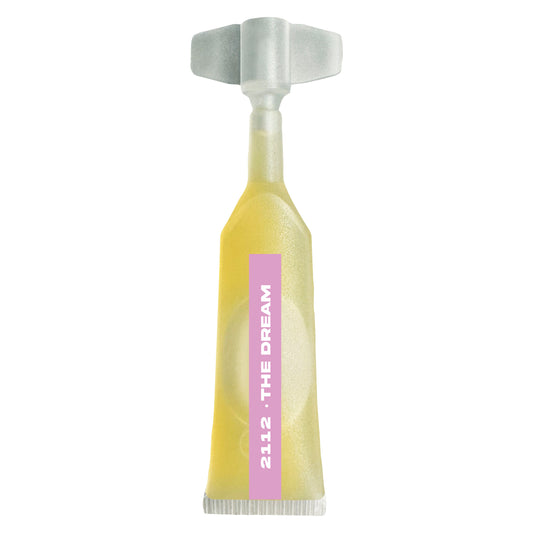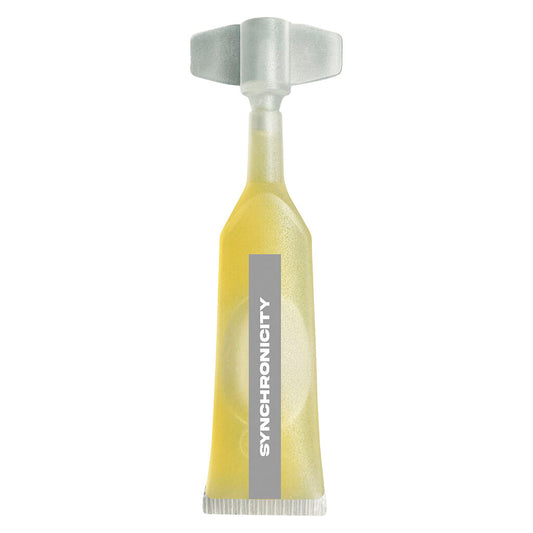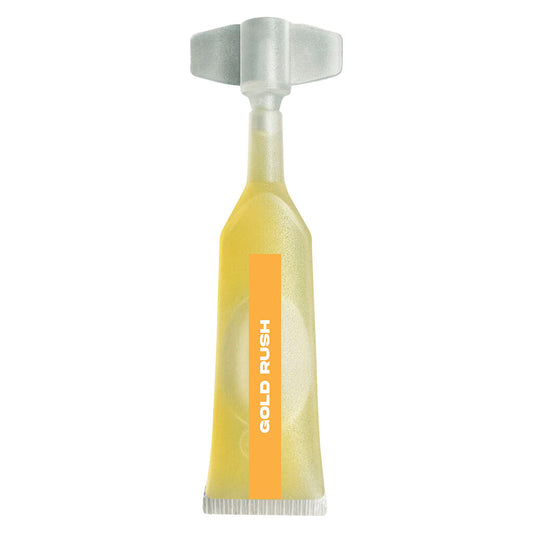What exactly is scheduling?
You may have heard the tea about cannabis being "rescheduled," moving from Schedule I to Schedule III. According to the Department of Health and Human Services, marijuana should no longer be classified in the same category as heroin and LSD. The word is that rescheduling would not legalise the plant, but it would make an illogical system slightly more logical.
What is the definition of scheduling? This is how the federal government classifies drugs. The Controlled Substances Act has five "schedules," which are ranked in order of severity (according to the government).
Schedule I is the most restricted category, containing substances that, according to the government, have no accepted medical use and a high potential for abuse.Meanwhile, Schedule II drugs, substances, or chemicals are those that have a high potential for abuse and can lead to severe psychological or physical dependence. These drugs are also regarded as hazardous. Combination products containing less than 15 milligrams of hydrocodone per dosage unit—cocaine, methamphetamine, methadone, fentanyl, Dexedrine, Adderall, and Ritalin—are examples of these.
Then we have Schedule III drugs. This is where they want to move the ganja. Schedule III drugs, substances, or chemicals are those with a moderate to low potential for physical and psychological dependence. The potential for abuse of Schedule III drugs is lower than that of Schedule I and II drugs but higher than that of Schedule IV drugs. Schedule III drugs include: products containing less than 90 milligrams of codeine per dosage unit; Tylenol with codeine; ketamine; anabolic steroids; and testosterone.

Back to Schedule I, does this mean marijuana is on the most restricted schedule? Yes, it does.
To think that weed is grouped together as LSD doesn't make much sense, but for now, let's focus on the absurdity of cannabis not only being illegal but also receiving the harshest classification.
Importantly, rescheduling would not legalise the plant on a federal level, despite the fact that states across the country have done so. It would, however, relax the restrictions that come with Schedule I status, which have hampered research and legal commerce. For example, federal law prohibits tax deductions for businesses that "traffic" in Schedules I or II substances; shifting to Schedule III would alleviate this burden.
Where we’re standing now
Moving marijuana to Schedule III would not end the drug war or solve the slew of problems that prohibition has created. Descheduling the plant or removing it from the government's list of controlled substances would make more sense and be more in line with Biden's stated criminal justice views.
To keep it real, even if the DEA eventually implements the HHS recommendation, there is still much work to be done. Advocates and stakeholders must continue to work diligently and quickly toward descheduling in order to ensure a workable future federal regulatory framework for whole-plant cannabis products. While federal cannabis prohibition is still in effect, taking a victory lap over rescheduling is premature and shortsighted.




